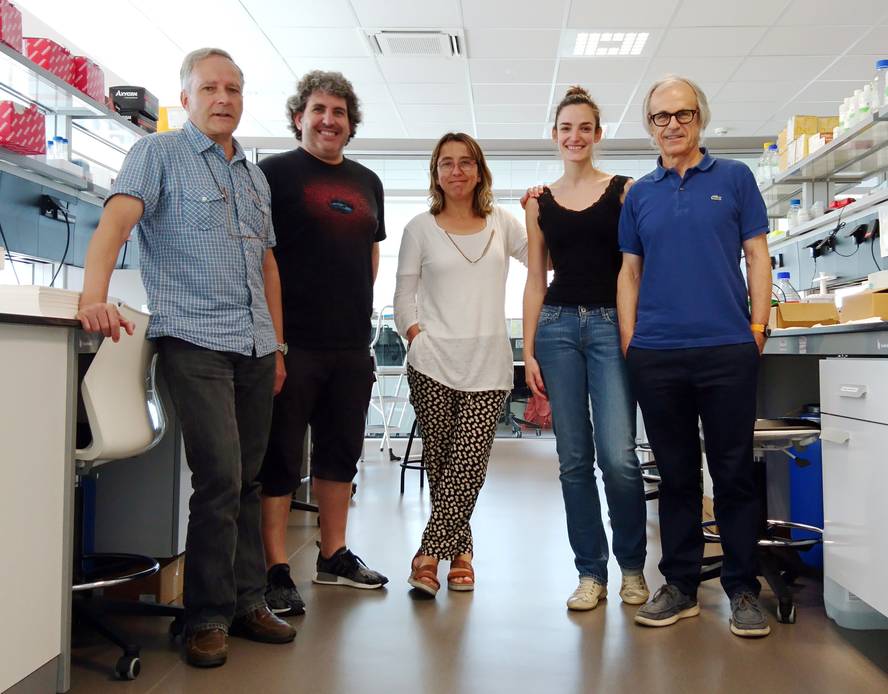Discover a molecule that slows the progression of multiple sclerosis

A study with animal models has discovered a key molecule that slows the progression of multiple sclerosis and acts as a symptom.
Specifically, a receptor called P2X4 has been identified in microglial cells. Experiments with animal models have shown that drugs that activate this receptor improve the symptoms of the disease in the chronic phase, as they help the recovery of nerve tissue.
Specifically, in the advanced phase of multiple sclerosis, the main causes of neurological impairment are microslial brain cells, which cause chronic inflammation. The activation of the P2X4 receptor favors the healing response of the organism and relieves inflammation. In this way the progression of the disease is stopped and the quality of life of the patient is improved.
The research was conducted by a consortium led by the UPV/EHU and the Achucarro center, with the collaboration of ciberNed and CIC bi<unk> GUNE, and has been published in the journal EMBO Molecular Medicine.





